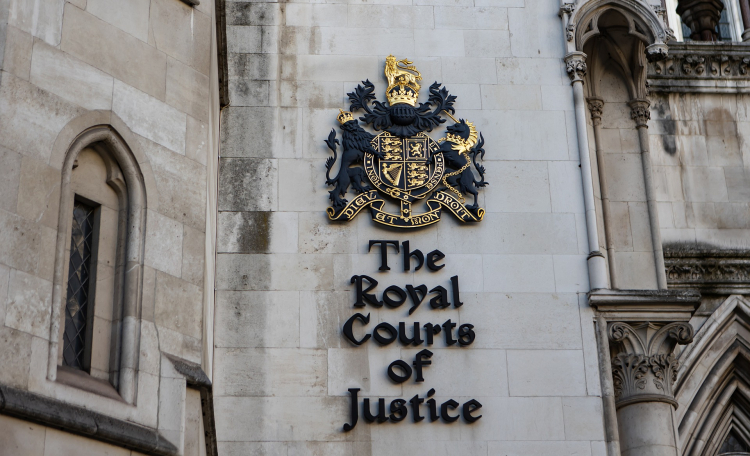Heightened class action risk and climate change litigation

Experts explored some key legal and compliance risks facing major corporates, and how those risks can be mitigated, at the annual disputes conference organised by Herbert Smith Freehills.
Climate change litigation is a global risk, and it is clear that no sector is immune to these types of claims. Much of the climate-related litigation seen to date in the UK has been in the context of planning applications, and challenges to government policy and administrative law, for example, decisions relating to the grant of licences in the energy sector. Cases like these will undoubtedly continue, but we expect to see more attempts to hold corporates to account for what they say and how they deal with climate change.
There is also a trend towards the deployment of human rights-based arguments in climate litigation. This is consistent with increasing scrutiny of corporate conduct in relation to human rights more generally, in particular by reference to the UN Guiding Principles on Business & Human Rights, which have become the universally accepted international standard. Although not legally binding, many large corporates have committed themselves to act in accordance with the Guiding Principles. It is key for corporates to ensure that their policies are carefully thought through and properly implemented.
Increasing risk of class actions
Class actions have been a growing threat for UK corporates, and recent developments in three areas have led to potentially heightened levels of risk:
- Data class actions: The claimant in the high-profile decision of the Supreme Court in Lloyd v Google [2021] was unsuccessful, so the floodgates for particular data breach class actions remain closed for now. The door remains open, however, for use of a different approach (one that the Supreme Court itself suggested in that case). The question will be whether litigation funders can make such claims work financially.
- Competition class actions: The Supreme Court decision in Merricks v MasterCard [2020] confirmed a relatively permissive approach to certification, which led ultimately to the Competition Appeal Tribunal’s decision to grant certification for the £14 billion claim in August this year. Since that decision, two further applications for class actions have been certified – one against BT relating to landline charges to its customers and two relating to train fares affecting commuters. Competition law class actions are grabbing the headlines and raising a lot of public interest.
- Parent company liability for foreign subsidiaries: The English court has seen numerous mass tort claims brought by large groups of claimants against UK companies, often in the energy or extractive industries, relating to the activities of their subsidiaries overseas. The Supreme Court has dismissed jurisdiction challenges in a number of these cases, allowing them to proceed. UK-domiciled parent companies continue to face risks arising from these types of action, with the potential for duties of care to be owed to those affected by the acts of their foreign subsidiaries.
For more information or to receive a full report of the Herbert Smith Freehills Annual Disputes Conference, contact sarah.irons@hsf.com.
